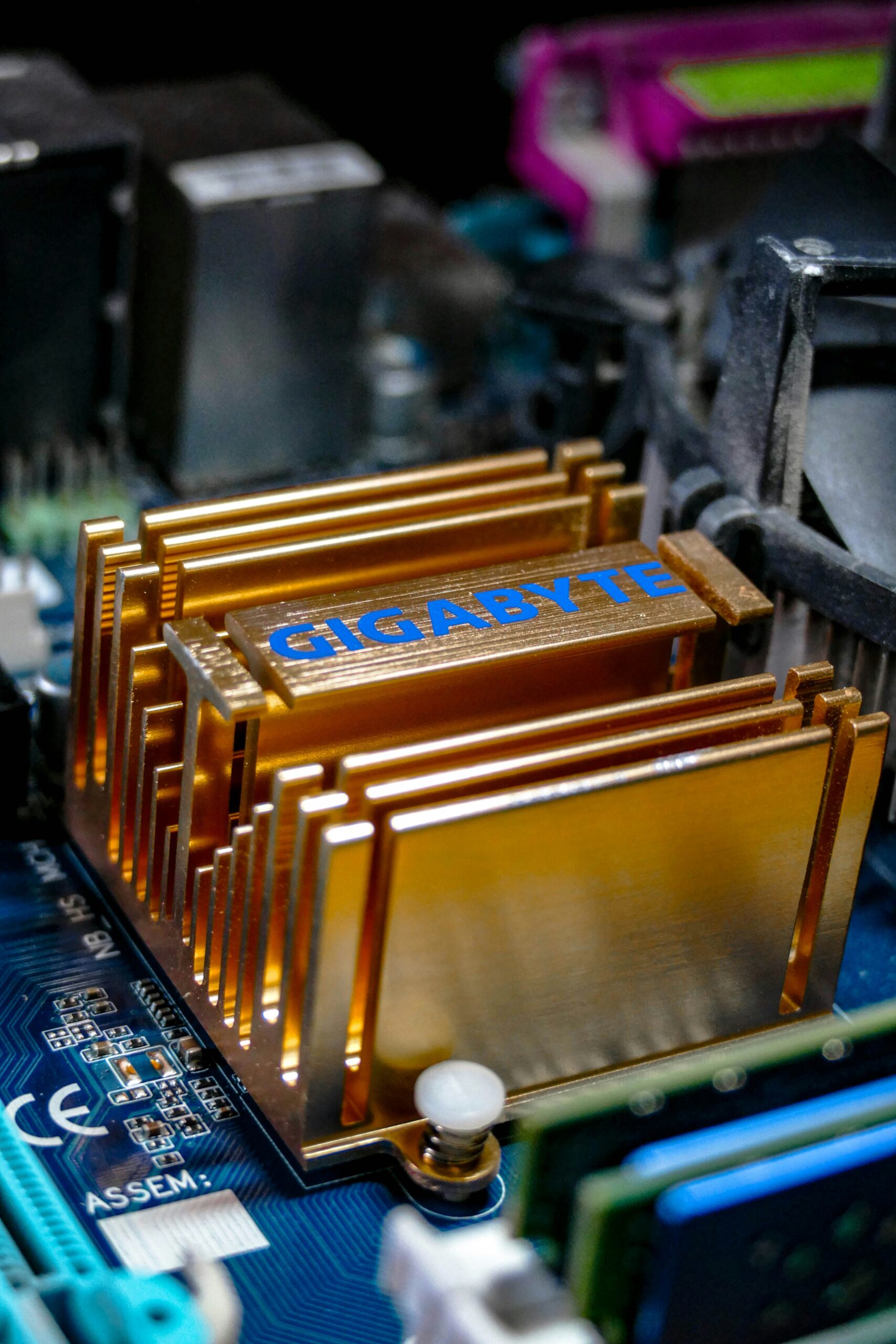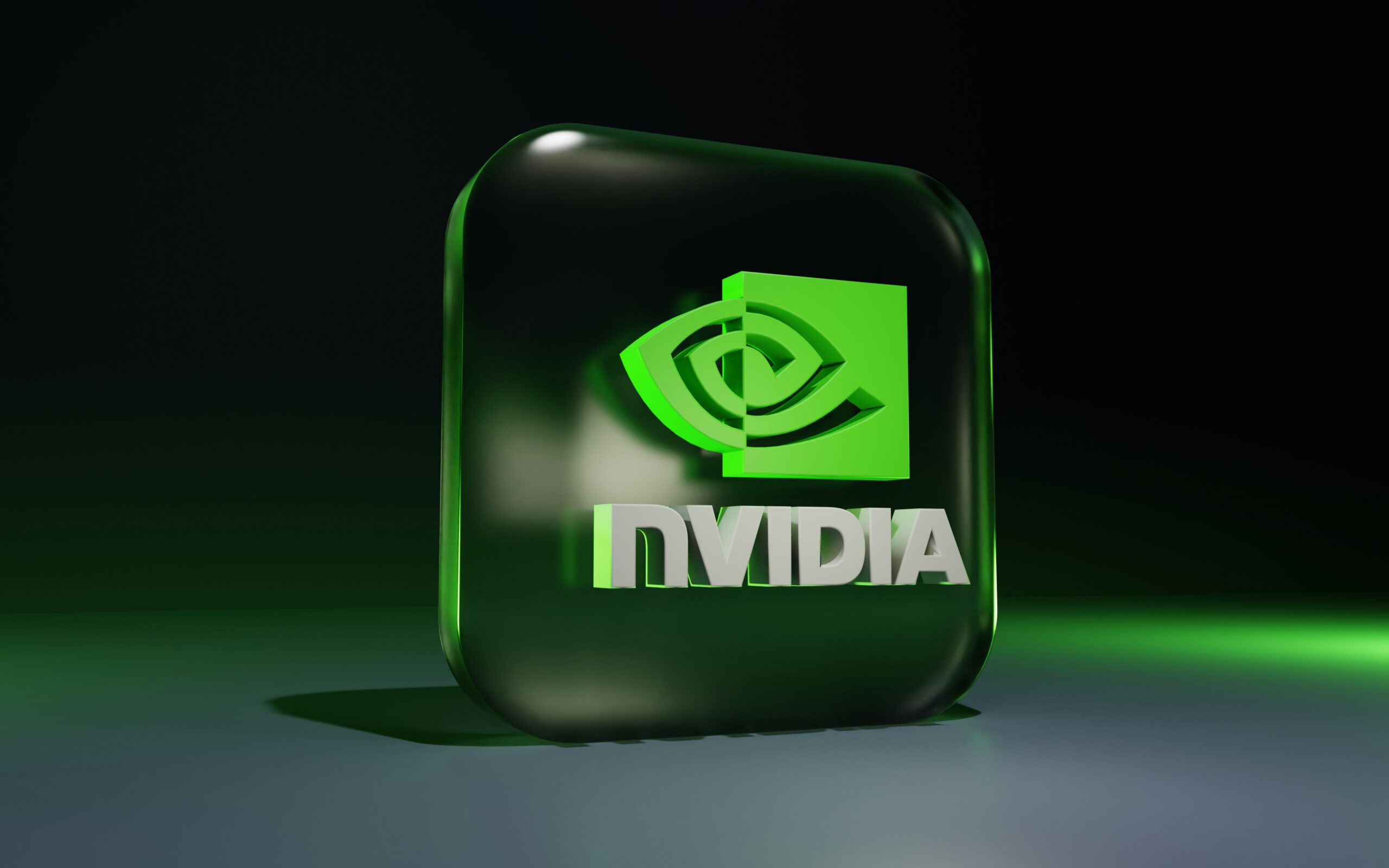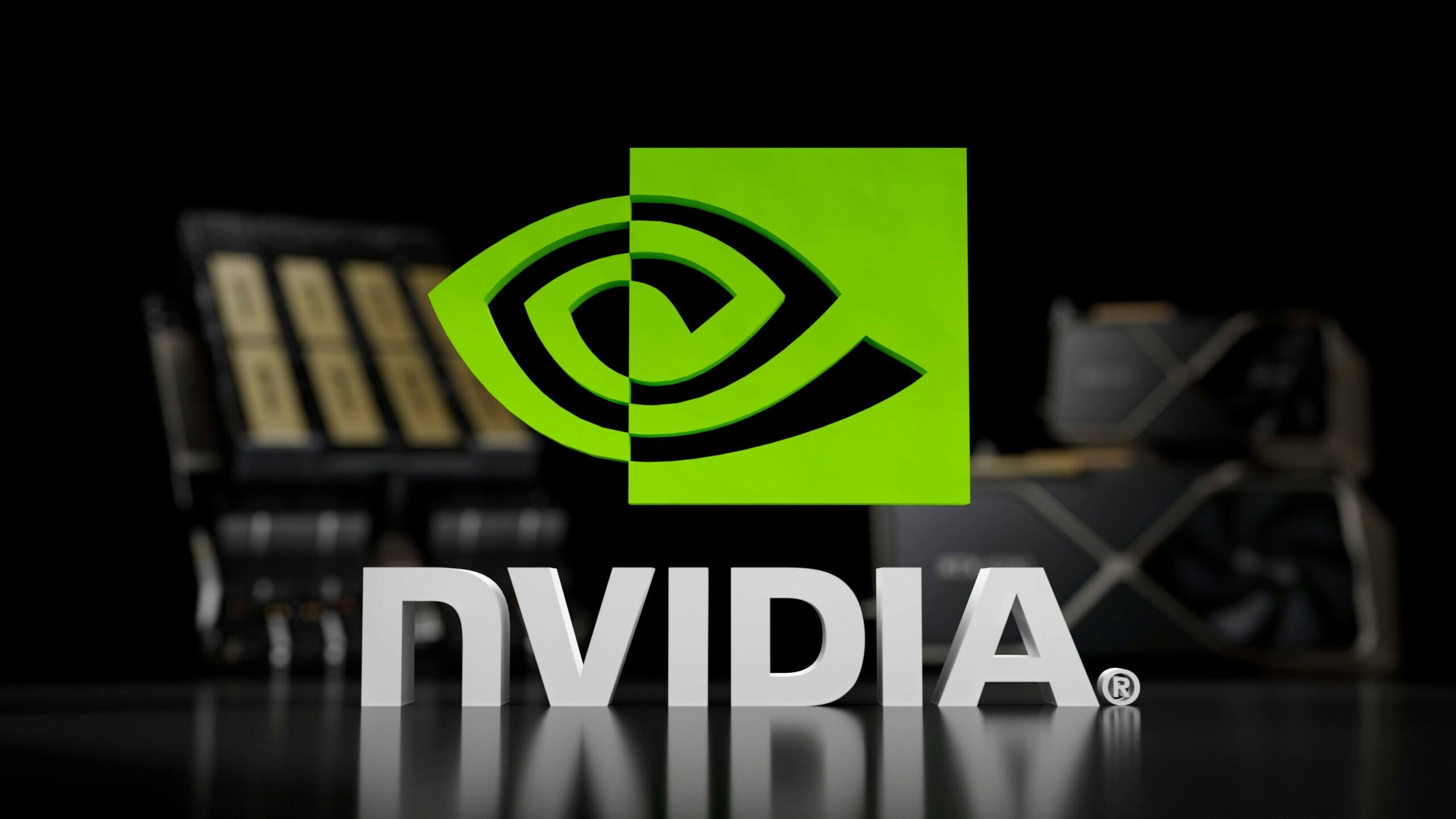Image credit: Unsplash
In 2019, Johnson & Johnson penned a multi-billion dollar contract with a small biotech company called ChemImage to compete in the expanding surgical robotics field. Based in Pittsburgh, the small biotech company was at the forefront of AI-powered software that surgeons can use to “see” and interpret what a robotic scalpel is doing. The images help surgeons form assessments of damaged or cancerous tissue in real time.
The former business partners squared off in federal court Monday in Manhattan over a $1.5 billion breach of contract lawsuit ChemImage filed in Spring 2024. The federal judge will determine if the contract was legally terminated, ultimately determining if the plaintiff succeeds in the proceedings.
Federal Court
The trial is expected to last one week, and US District Judge Jesse Furman will preside over the proceedings. The judge has also reduced the allowable damages awarded, if any. If ChemImage is successful, it will win up to $280 million in contract-termination penalties and other overdue payments from the global healthcare giant.
Along with financial compensation, ChemImage has asked the judge to restore all patents and intellectual property it developed under its contract with Johnson & Johnson. This ruling enables the plaintiff to resume developing and monetizing their imaging software.
The lawsuit claims, “This is a case about J&J’s decision to retreat from its failed play in surgical robotics, breaking the promises it made to ChemImage to develop its life-saving imaging technology.” It continues, “J&J’s decision ultimately killed this family-founded company and its technology that could have vastly improved surgical outcomes for millions of people.”
The Alleged Incident
The lawsuit’s undisputed facts are that ChemImage and Johnson & Johnson subsidiary Ethicon entered a 104-page “Research, Development, License, and Commercialization Agreement” on December 27, 2019. The contract set a payment schedule that stipulated ChemImage received $7 million upfront and established a milestone for future payments and as much as $1.5 billion in future royalties.
Another undisputed fact is that the contract abruptly ended in April 2023. The termination resulted from delays in blending ChemImage’s software with Johnson & Johnson robotics, preventing viable products from being produced.
The Contract
Judge Furman is tasked with determining if Johnson & Johnson pulled the contract “with cause,” and if it did, ChemImage would not be awarded any compensatory benefits.
Additionally, if Johnson & Johnson terminated its contract with ChemImage without a valid reason, the healthcare company would have been required to give the biotech firm a 120-day notice and a $4 million termination payment, neither of which happened.
ChemImage also alleges an additional $140 million in incremental development “milestone” payments are due—much of the upcoming testimony centers around opposing accounts of why the partnership terminated after only three years.
Johnson & Johnson will present witnesses to show that the contract was legally terminated and that ChemImage does not deserve damages. The company alleges that ChemImage failed to meet more than one of its developmental milestones.
ChemImage’s founder, Patrick Treado, will testify that his company was blindsided when Ethicon announced that it was suddenly terminating the contract.
Judge Furman will review both parties’ claims and decide if the contract was legally terminated to make his determination.















































































































































